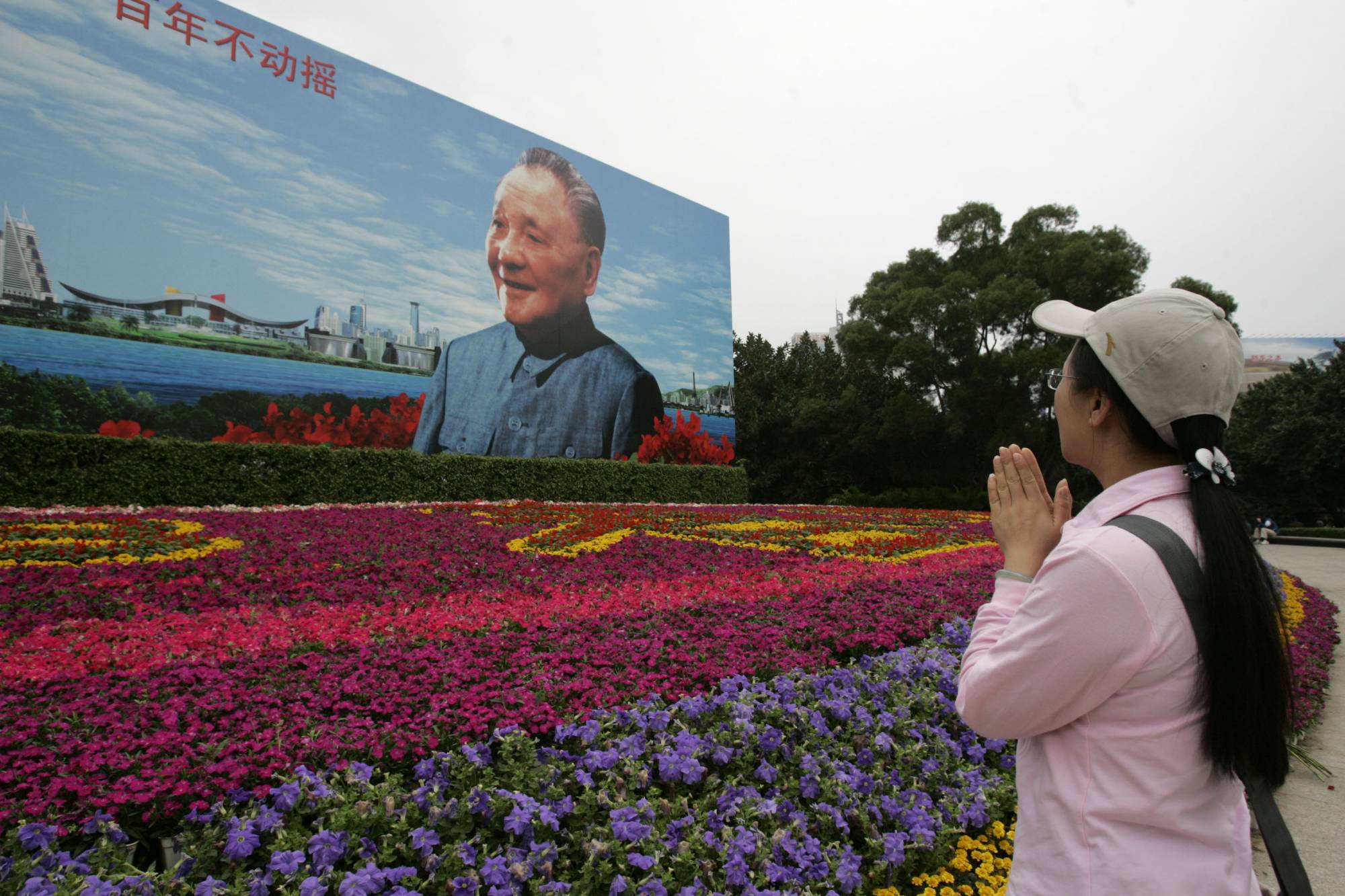China’s leaders recognize the importance of symbolism. Decisions such as the positioning of officials at public events, even the order in which names are read out on news bulletins, delineate relative power relationships. Those who can interpret the arcane signals of communist protocol have built careers out of it. The discipline even has a name: tea-leaf reading.
In this light, the postponement of Hong Kong Chief Executive Carrie Lam’s annual policy address looks anything but a random scheduling clash. Lam canceled the city’s equivalent of the U.S. State of the Union to attend festivities with China’s President Xi Jinping for the 40th anniversary of the Shenzhen special economic zone. The chief executive said she now aims to deliver the speech by late November, after traveling to Beijing to brief Communist Party officials on her plans.
Chinese officials had to know how this would look. Whatever Lam’s protestations, it has the appearance of a calculated act. The impression it leaves is of an obedient provincial leader abandoning the most important day in her calendar — an occasion when she speaks directly and uninterrupted to the city’s people for hours — after being summoned by her bosses. After all, the Shenzhen celebration is hardly a spur-of-the-moment event: The 40th anniversary has been coming for, well, 40 years. Why did Lam’s cancellation arrive only two days before her address?


















With your current subscription plan you can comment on stories. However, before writing your first comment, please create a display name in the Profile section of your subscriber account page.